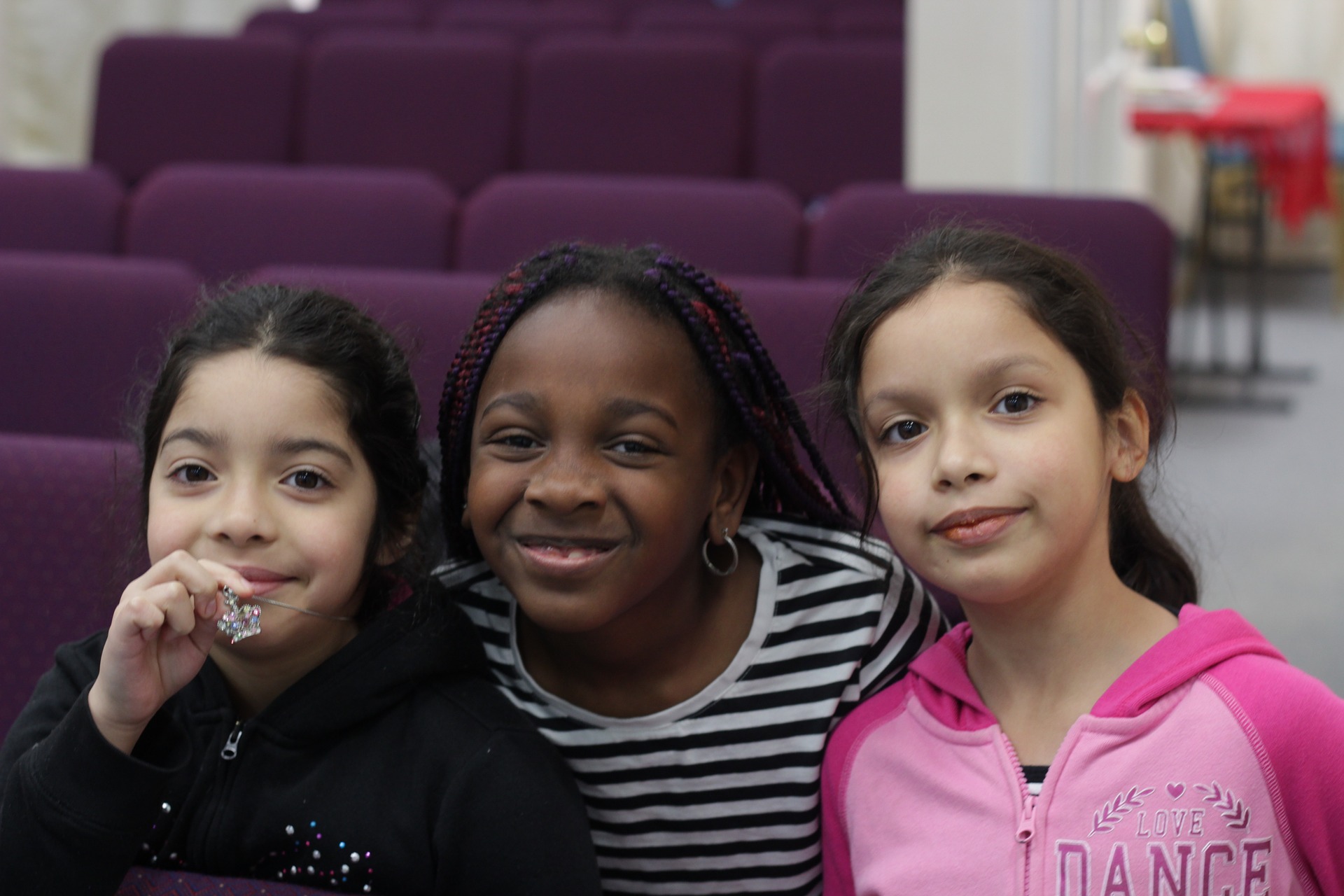
Victoria Schwartz is certified in Early Childhood Education, Elementary Education, and as a trainer for the Catechesis of the Good Shepherd in all three age levels. She is a founding board member of the Atlanta Area CGS Regional Group – offering support and ongoing formation for catechists – and speaks at regional and national conferences on Catechesis of the Good Shepherd. Schwartz is leading the workshop on Children’s Catechesis during Synod 2017.
What has your experience been in forming a catechesis for children, and what do you think the effects have been for children and their parents?
I began my first children’s religious education program in a college ministry church. Two children from our neighborhood appeared on the church doorstep wanting to know about God. I started teaching them with a Bible and a set of flannelgraph figures. I was amazed at the depth of their questions and the intensity of their desire to know who Jesus is.
After leaving the college ministry, I continued to teach children in different churches, to serve on curriculum committees, and to research religious education for children. I was dissatisfied with what I found; none of the curricula seemed to answer the heartfelt questions my first two pupils had asked me. I found myself tweaking lessons and sometimes changing them altogether.
When I discovered Catechesis of the Good Shepherd, I knew that I had found a method that took seriously the child’s desire to know God. The method respects the child’s developmental growth and guides children from study into worship and prayer in age-appropriate ways. I joyfully began training to be a CGS catechist and have continued to learn and grow as I have taught CGS for the last 23 years.
What are the goals in creating a children’s catechesis?
Sofia Cavalletti, the founder of Catechesis of the Good Shepherd, said that the goal of catechesis is for the child to fall in love with the Good Shepherd. Children grow closer to God as they hear His word and reflect on it, using age-appropriate multi-sensory materials. A child who completes CGS, which is appropriate for children ages 3-12, will have a deep knowledge of Scripture and liturgy and will be prepared to participate in the worshipping community of their parish.
The adults who undertake training as CGS catechists often report that it deepens their own spiritual life. Many catechists work with children and their families for years because they so enjoy learning and growing along with the children. Parents also find that they learn and grow in their personal and family devotional life.
What will people take home to their parishes about forming and implementing a catechesis for children?
They will have a clear understanding of the basics of Catechesis of the Good Shepherd – its founding principles, educational philosophy and methods, and its advantages. I hope they will have a sense of excitement about the possibilities CGS brings to their churches and religious education programs.
Registration is now open for Conference & Synod 2017: Mission Matters. Join us November 3-4 as we explore how local churches can be on mission in today’s world, reach out to our communities with the Gospel, worship, re-connect, learn, and discern together!
Visit the Conference & Synod 2017 site to learn more about speakers, workshops, lodging, and the weekend schedule.

by Rachel Moorman
Communications Associate
news@adots.org


